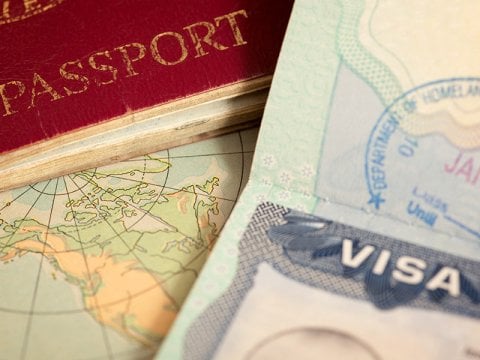
English Language Test (ELTs)
As part of your course application, you may need to prove that your English is at the required level. Find more information about what they are, how to improve your English skills, and how to fully prepare for an English language test.
